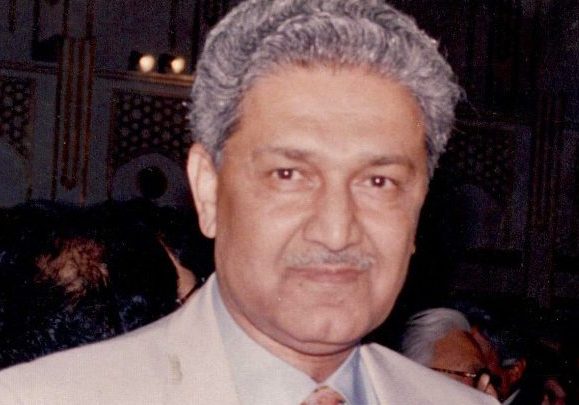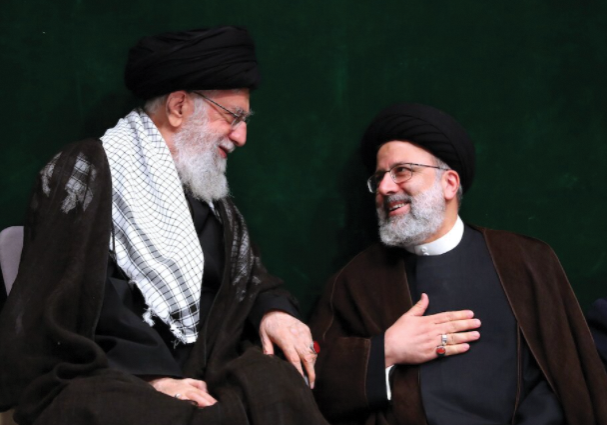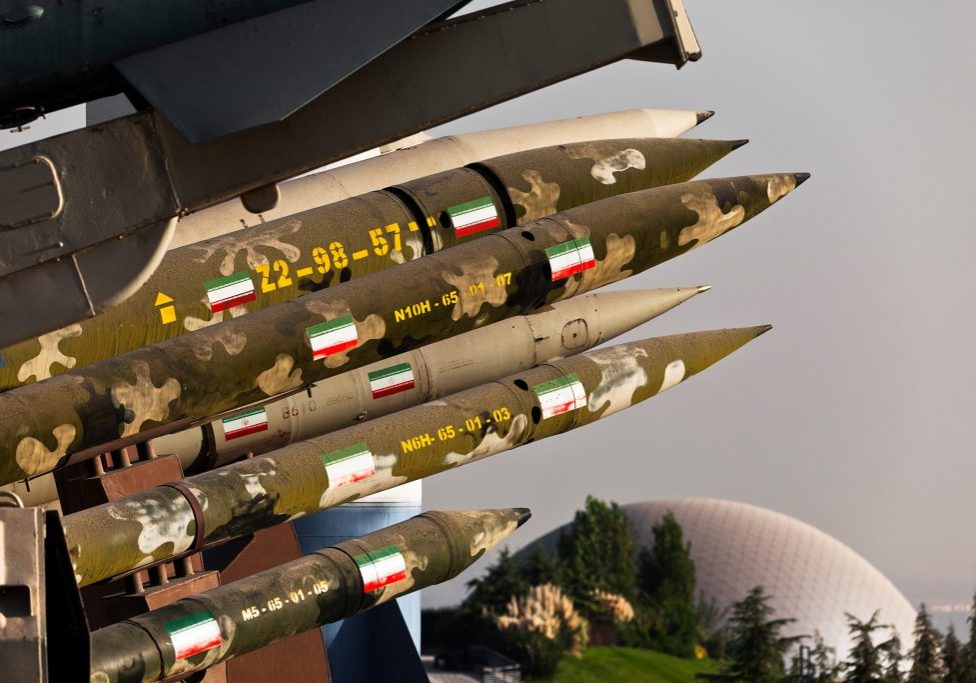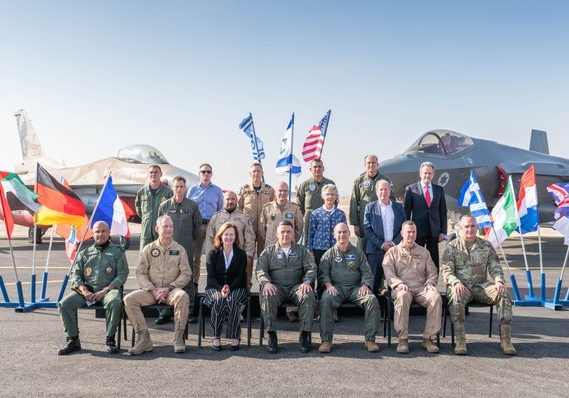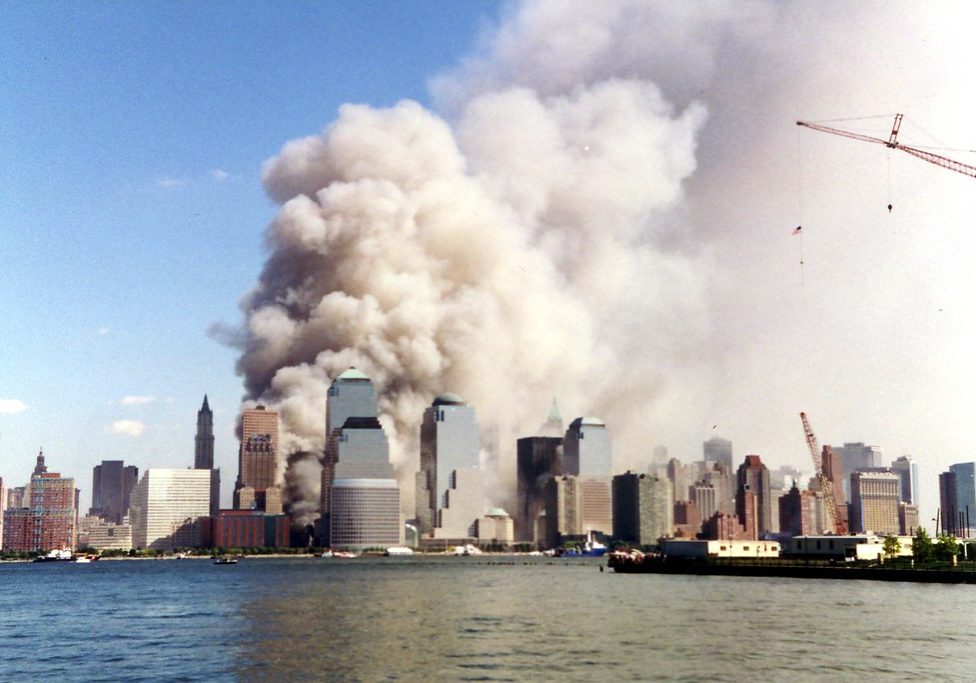Australia/Israel Review
Urban Warfare in Gaza and Beyond
Dec 19, 2014 | Ahron Shapiro

Ahron Shapiro
The third international conference on the Challenges of Warfare in Densely Populated Areas was held on December 2 at the Institute for National Security Studies (INSS) at Tel Aviv University, in conjunction with the International Committee of the Red Cross (ICRC).
This year’s conference was held just three months after the conclusion of Operation Protective Edge, the military escalation between Israel and Hamas in Gaza that led to over 2,000 Palestinian deaths (at a combatant/non-combatant ratio hewing close to 1:1 according to ongoing research by the Meir Amit Intelligence and Terrorism Information Centre). Not surprisingly, the way the recent conflict was fought by both sides weighed heavily on the discussions by panellists and speakers representing not only top decision-makers in the Israeli military but also internationally renowned experts and other stakeholders.
In his opening remarks, Gen. [ret.] Amos Yadlin, Director of INSS, spoke of the value of exploring the issues of urban warfare in a lecture hall and classroom rather than on the battlefield.
“We prefer not to learn at the expense of 2,000 casualties in Gaza or 200,000 casualties in Syria or hundreds of thousands of casualties in the Ukraine. We prefer learning through simulation and theoretical case studies,” he stressed.
Yadlin added that by anticipating battlefield scenarios ahead of time, a strategic military plan that conforms to International Humanitarian Law (IHL) can be implemented in a time of war.
“We are going to try and formulate the right rules in order to use the forces and to see how we use, or what are those ethical rules or the legal rules that in light of which, we must act.”
In his opening remarks, Jacques De Maio, ICRC Head of Delegation to Israel & the Occupied Territories, addressed allegations of anti-Israel bias in his organisation.
“We understand where [this perception of a double standard] comes from. The ICRC delegates are currently deployed in many difficult theatres of operation and contexts where, let’s face it, the human costs are much heavier than what we witness in Israel/Palestine. Yet it generates only a tiny fraction of the attention and scrutiny, particularly by the media, but also diplomatic attention and human rights attention than we are all collectively getting here… We have to deal with more casualties in one week in some remote, forgotten conflict, sometimes not far from here, than in one year here. So how can we justify the level of attention and energy that we are investing in these contexts?”
“Isn’t this a double standard?” De Maio asked rhetorically, diverging from his prepared remarks abruptly, “Well, actually yes, it is. Of course it is.”
Returning to his notes, however, he defended this.
“But it’s not because we have an obsession with Israel or Palestine. Actually we believe it’s the other actors, whether state or non-state that are lagging behind. Firstly, the Fourth Geneva Convention applies here. You may disagree with this, but this is our position, while in the rest of the world, well, it’s more ‘right of initiative’ that can be discarded by whole states. Secondly, we have a privileged access to people and places here… comparatively enabling us to make a difference. Thirdly, the humanitarian situation actually requires it, the people protected by IHL are entitled to the best we can offer. That’s who we are and what we stand for.”
Among the international guests invited to discuss operational challenges was British Lt. General (ret.) Jonathon Riley, who had served in a number of conflict zones, including Afghanistan.
In an overview of relevant laws of war that would be particularly applicable to combat in a densely populated area, Riley gave special attention to the often misunderstood concept of proportionality.
“There will… be occasions when a commander will order a strike in the knowledge that civilian casualties must occur. In the final analysis, that decision must always be judged against the military advantage being gained, and there is no science to that,” Riley said, “But part of the proportionality test is to ensure that an assessment has been made on the likely impact on the civilian population and to ensure that an attack is not indiscriminate.”
He concluded, “if a commander can’t explain that his actions were appropriate, necessary, proportionate, discriminate and legal, then, I’m sorry, he’s fighting the wrong war.”
Retired Israeli Major General Tal Russo, who as the head of Israel’s Southern Command oversaw a previous round of fighting with Hamas during Operation Pillar of Defence in November 2012, offered valuable insights into the challenges on that front.
“There are thousands of sensitive locations in Gaza,” Russo said, citing schools and clinics and kindergartens as examples. “Endless. Endless. And… somehow in this mosaic of sensitive spots, you have to conduct your war there. And that is no easy feat.”
“At the end of the day, you care about the civilians,” Russo added. “You care about them much more than the terrorist organisations care about the civilians. And you have to prepare a plan [about how to care for them]. Beyond your forces, you have to prepare an identical plan for the Palestinian population.”
Russo said that a large body of military advisers, including special legal advisers, are consulted on operational decisions in order to minimise casualties.
“The terrorist organisations understand this well,” he said. “And we saw, for them 20 dead children is a success. For us, it’s a failure. And that is the huge dilemma.”
Speaking about the situation he encountered in Gaza, Russo said that – contrary to the way the rounds of fighting and its conclusions have sometimes been presented by politicians and in the media – the combatants in Gaza are not always rational actors and it is hard to determine who they are taking orders from regarding when to open hostilities, when to stop and regarding objectives.
The IDF’s current Chief Military Advocate General Major General Dan Efroni warned the international community that efforts to limit the IDF’s ability to combat a threat embedded in civilian populations would be counterproductive to humanitarian interests.
“Our expectation is, of the international community, that they should not allow terror organisations to dictate the tone. We should not be abandoned,” Efroni said.
“There should be a dialogue about the way the international laws are implemented,” he continued. “The IDF, like every other army, of course does make mistakes. We are investigating dozens of problematic incidents. We are investigating them internally, but to allow radical and terror organisations to dictate the whole international discourse and the legitimacy in the various situations will bring about a kind of handcuffing of the law abiding governments and it will encourage more situations like we have seen.”
Delving into the legal side of the issue, International Law Professor Laurie Blank of Emory University noted that when discussing proportionality, the number of civilian casualties are easy to tally but the other side of the coin, military advantage, is harder to quantify.
In the same session, Prof. Aeyal Gross of Tel Aviv University, a board member of the left-wing NGO Association for Civil Rights in Israel (ACRI) offered a scathing criticism of the Israeli military’s handling of the threats posed from Gaza, while INSS’ Col. (ret.) Pnina Sharvit, a former top legal advisor to the IDF, rejected the criticism, and illustrated the catch-22 facing the IDF in choosing a valuable and legitimate target in Gaza.
In her presentation, she showed that Hamas’ leaders set up their military command centres in hospitals, making them hardest to target, while the easiest legitimate targets – rocket launchers – are embedded in crowded neighbourhoods.
Major General Yoav Mordechai, who heads COGAT (Coordinator of Government Activities in the Territories), spoke about the steps the IDF has taken to ease humanitarian conditions for civilians in Gaza, before, during and after the war.
“Because we understand that the civil situation there has a big impact on security matters,” Mordechai said, “we allow the passage of many things, even more than before Operation Protective Edge. We are part of the rehabilitation process.”
At the end of the conference, the ICRC’s De Maio returned to the podium to sum up on some of the key points heard at the symposium, as well as adding a few concluding thoughts of his own.
On the issue of use of artillery, De Maio rejected the notion that use of artillery is not permitted in combat scenarios that take place in densely populated areas, as some have claimed, though he warned about the obvious risks especially in an environment where combatants take cover among the population.
“Artillery, area weapons, indirect fire is not forbidden under IHL, period.” De Maio said. “This being said, because of their inherent inaccuracy, considering the densely populated factor aggravated by practices that may deliberately or objectively mingle militarily legitimate targets with a civilian population – all these factors make the risk of disproportionate attack and unnecessary casualties all the more important to factor in.”
Finally, De Maio returned to themes present in his opening remarks – particularly that urban warfare is not a growing challenge only in the Israeli-Palestinian conflict but globally.
“The issue is much larger than Israel and Gaza,” De Maio emphasised. “It is very important here. You experience it in your flesh. At the same time it’s much larger than this.”
Video of the INSS conference can be viewed at tinyurl.com/warfarechallenges.
Tags: International Security

